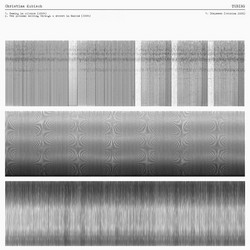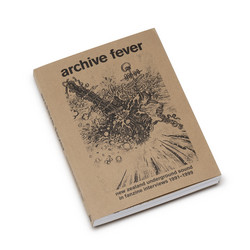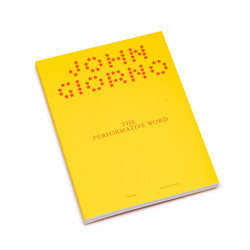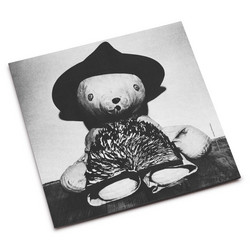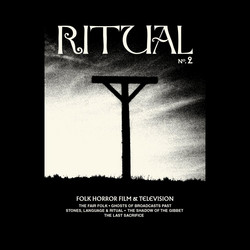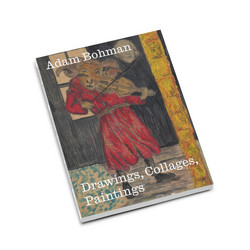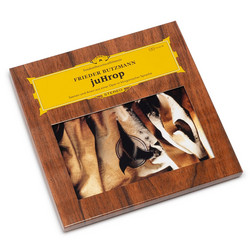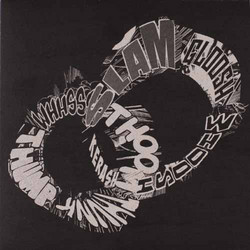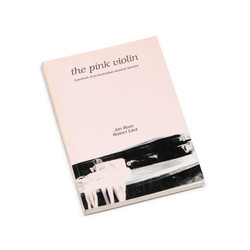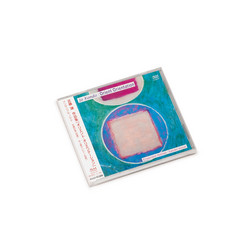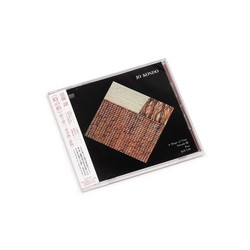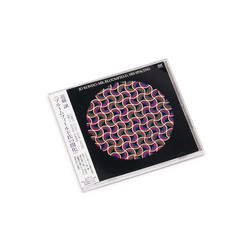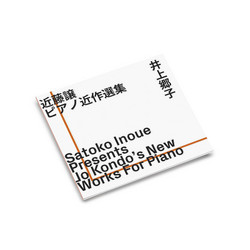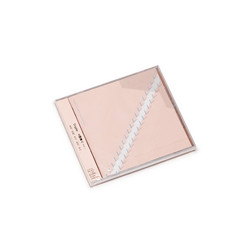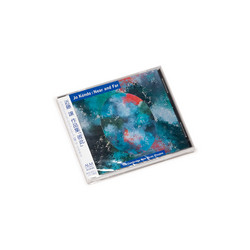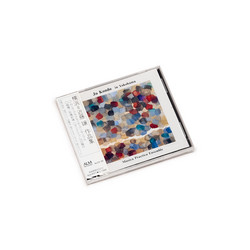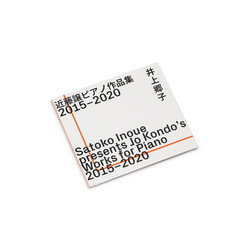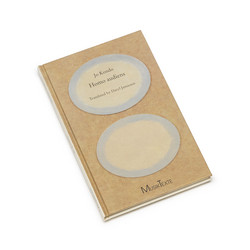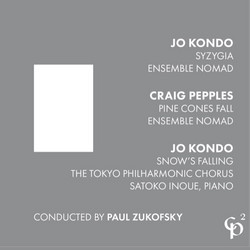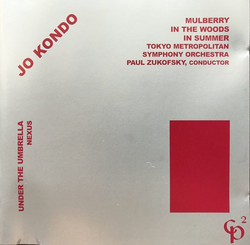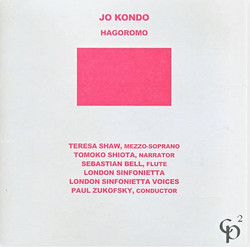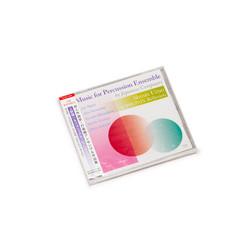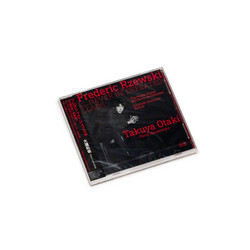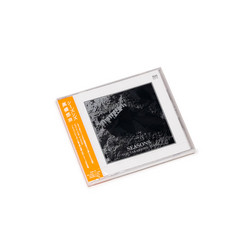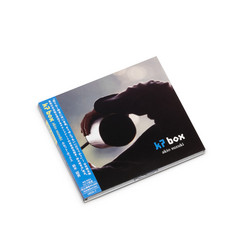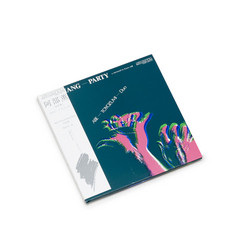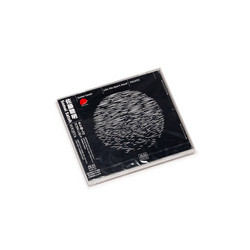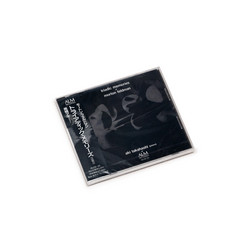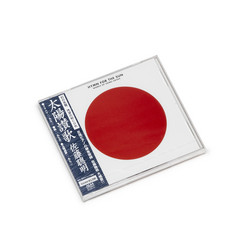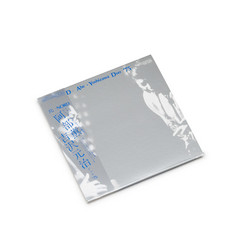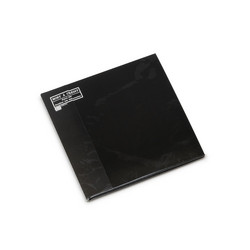Legendary debut album from Japanese composer Jo Kondo, originally released in 1974 on the highly collectable ALM Records label (East Bionic Symphonia, Takehisa Kosugi, Somei Satoh, Yuji Takahashi, John Cage, Akio Suzuki). Since the early 1970s, Jo Kondo's compositions have stood on a concept he has named "Sen no Ongaku" (i.e. "Linear Music"), music consisting of a "line" of single notes, hocketted over different instruments. Over the years, the "line" of notes has gradually evolved a much thicker texture, as if the "line" had been "harmonized". However, unlike conventional harmony, Kondo's "harmonizations" do not provide architectonic musical underpinnings; the sole role of these "harmonizations" (which provide a chord for each note of the "line") is to imbue every attack with a specific "color" or "quality". Given that there are only three possible chordal arrangements: (a) the chord "hangs down" from a "melody" note when that note is at the top of the chord; (b) the chord "stands" on the "melody" note when that note is the lowest note; (c) the chord wraps around the note; and further given that these three possible chord formations are freely ordered, the originally "thin" single line becomes embedded and integral within a chordal succession, which by definition is a "thick" single line. In the listening tradition of Western music, in a succession of chords (that are not exceedingly dense, complex, and/or cluster-like), one becomes accustomed to finding "part writing" (SATB as an example), even if that "part writing" was not of original intent. Kondo's music has no such part writing in mind; but one can nevertheless imagine, or pretend to discover, a transient, fragile, and nonstructural, "pseudo-polyphony". This psychological, accidental byproduct allows the composer ample room to create musical situations whose meaning and implications are far more deliberately ambiguous than those we are normally accustomed to; but this deliberate ambiguity mandates that the composite rhythm (i.e. the rhythm of all the parts taken together) assume a crucial personage, for unlike Western music, the overall "flow" of the performance is now the sole purview of the composite rhythm, as the composite has become the defacto "line".
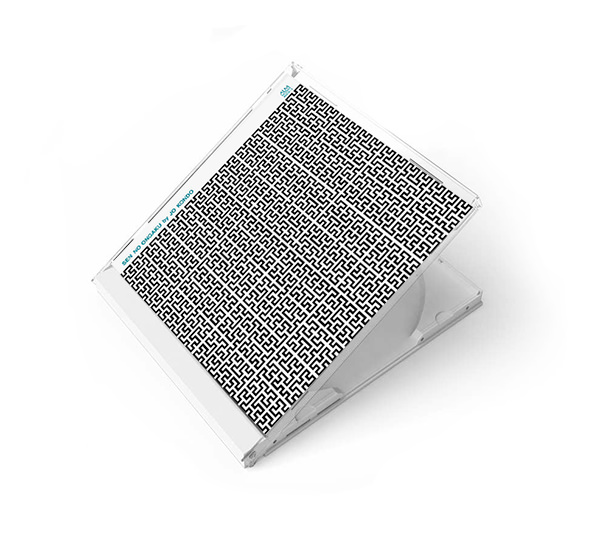
Jo Kondo is a Japanese composer of contemporary classical music. He won the third prize and made his debut in Japan-Germany Contemporary Music Festival in 1969. He graduated from the composition department of Tokyo University of the Arts in 1972. He serves as Professor of Music at Ochanomizu University in Tokyo and also teaches at Tokyo University of Arts and Elisabeth University of Music in Hiroshima. Kondo's works are often structured mathematically, using minimal principles of composition. His interests include hocket, the music of Ancient Greece, and strong differences in instrumental timbre, all of which are reflected in his compositions. A similar stylistic point of reference would be the Italian composer Franco Donatoni. The chamber version of his 1975 composition Sight Rhythmics reflects the latter in its unusual instrumentation of violin, banjo, steel drum, electric piano, and tuba. In 1980 Kondo founded the Musica Practica Ensemble, a chamber orchestra devoted to contemporary music, and was artistic director of the group until its disbandment in 1991. He has written more than 130 compositions, ranging from solo pieces to orchestral and electronic works, which have been widely performed in Japan, North America and Europe. Kondo's music has been performed by the London Sinfonietta, the Philharmonia Orchestra, the NHK Symphony Orchestra, the Arditti Quartet, NEXUS, the Balanescu Quartet, Tadaaki Otaka, Oliver Knussen, Paul Zukofsky, the Ives and Nieuw Ensembles in the Netherlands and Aki Takahashi. Kondo's works have been recorded on the Hat Art, ALM, Fontec, and Deutsche Grammophon labels.
All composed by Jo Kondo Recorded and mastered by Yukio Kojima Art direction by Masaco Kondo Includes a 12-page booklet with liner notes by Jo Kondo in Japanese and English (translation by J.M. Benítez) Released in July 2014 Originally released in 1974 as an LP on ALM Records
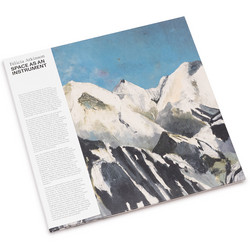
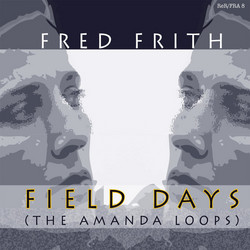
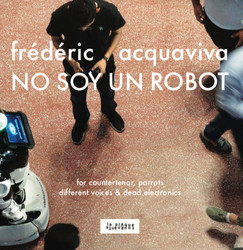
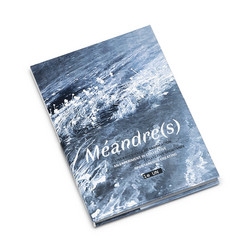
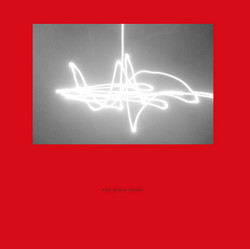
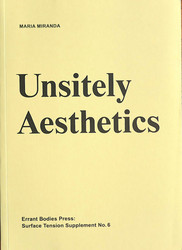
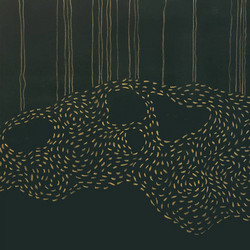
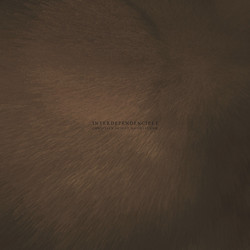
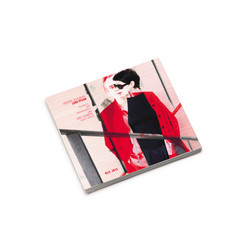
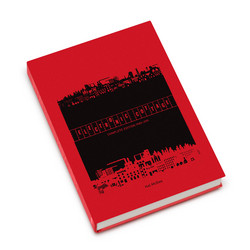
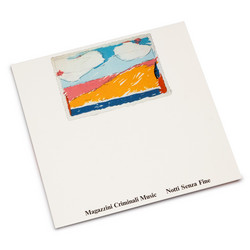
![data-cosm [n°1]](https://cdn.soundohm.com/data/products/2026-02/ikedda-data-cosm-1-jpeg.jpeg.250.jpg)
